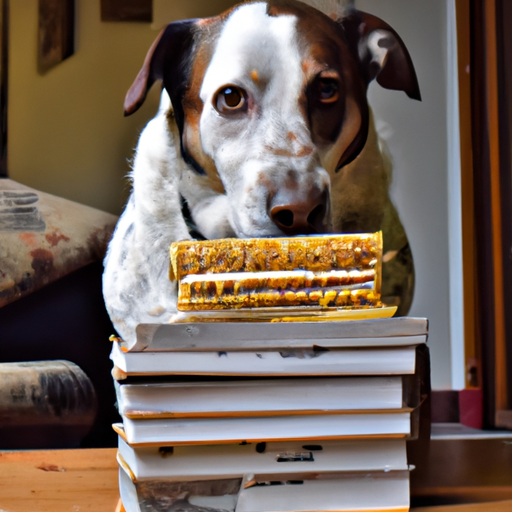Understanding Your Pet’s Behavior
Ever watched your furry friend gnawing on a toy, a stick, or even your fingers, and thought to yourself, “Why do they do that?”. You’re not alone. This behaviour, colloquially known as “corn cobbing”, is quite common amongst our canine companions. To understand why dogs corn cob, you need to delve a bit into their instincts, their sensory perceptions and their socialisation.
Dogs explore the world primarily through their sense of smell and taste. When they corn cob, they are examining their surroundings, deciphering the taste, texture and scent of the object. It’s their way of familiarising themselves with their environment. They also do this to clean their teeth or simply because they enjoy the sensation.
Corn Cobbing and Teething
In puppies, corn cobbing is often associated with teething. Let’s unpack that:
- Teething can cause discomfort and irritation in puppies.
- Corn cobbing can help alleviate this discomfort.
- It can also aid in the proper development of their teeth and jaws.
When puppies corn cob, they’re essentially self-soothing. It’s a natural response to the discomfort they’re experiencing.
Communication and Socialization
Dogs are social creatures. They interact with their pack (which includes you!) and their environment in a multitude of ways. Corn cobbing is just another form of this interaction. They may be trying to:
- Play: Dogs often corn cob during play as a form of mock fighting.
- Communicate: Corn cobbing can be a way for your dog to get your attention.
- Show submission or dominance: In multi-dog households, corn cobbing can indicate a dog’s position in the pack hierarchy.
Understanding these social cues can help you better understand your pet’s behavior.
When Corn Cobbing Becomes a Concern
While corn cobbing is often harmless, it can sometimes indicate distress or health issues. You should consult your vet if:
- Your dog is corn cobbing excessively.
- It is causing damage to their teeth or mouth.
- They are corn cobbing on harmful objects.
- It is accompanied by other worrying symptoms (like loss of appetite or lethargy).
FAQ Section
Q: Is corn cobbing related to a dog’s diet?
A: Not directly, but dogs might corn cob more if they’re not getting enough nutrients or chewing opportunities from their food.
Q: My dog corn cobs on my hands, should I be worried?
A: If it’s playful and doesn’t hurt, it’s usually fine. If it’s aggressive or causing harm, you should consult a professional.
Q: Is there any way to stop my dog from corn cobbing?
A: Providing appropriate chew toys and ensuring they’re getting enough exercise can help. In extreme cases, behavioural training may be necessary.
Q: Can corn cobbing damage a dog’s teeth?
A: Yes, if the object they’re corn cobbing on is too hard or if the behavior is excessive.
Remember, as a caregiver, it’s essential to watch for changes in your pet’s behavior. Understanding why dogs corn cob is just one aspect of this. Happy pet parenting!



